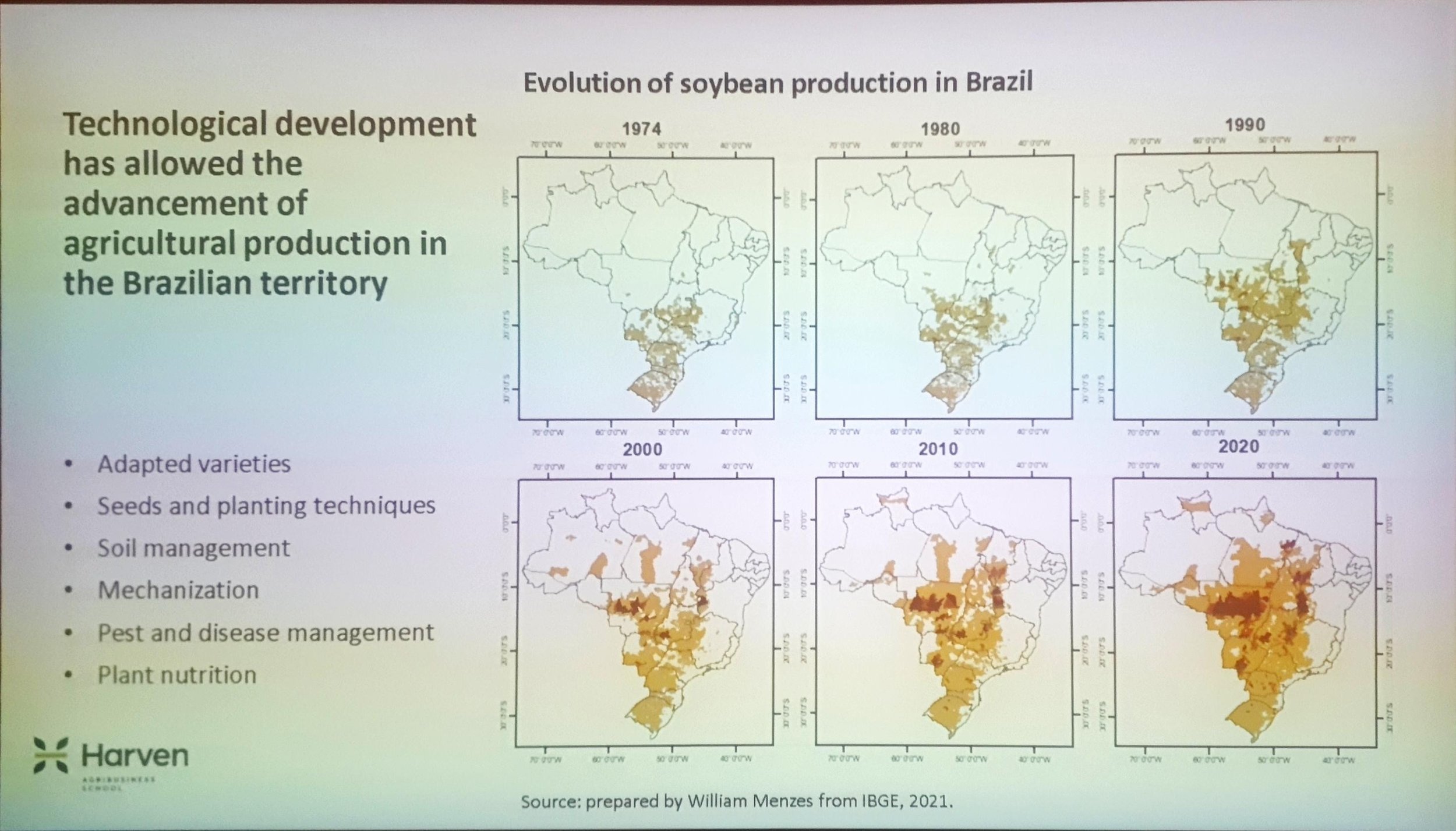Brazil series: The future for soyabeans
I've now spent 2 very intense weeks in Brazil learning about their agriculture industry. I have been exposed to state governors, super-scale farmers, supply chain beasts and smaller land operators. I am writing a series of posts to summarise my learnings. In the last post, I wrote about deforestation in Brazil. Here's post number 2.
Myth: The growing global demand for protein is far too quick for the worlds production to respond.
The Truth: It is estimated that 21% of the Amazon rainforest has been deforested to make room for pasture and arable land. But, Brazilian soyabean supply has not even reached full flow yet. In my last post, I explained that Brazil is capable to plant two crops in the same season, meaning that they can rotate effectively through corn, soy, pasture, etc twice as fast as here in the UK. I also explained that Brazil is focusing on converting degraded pasture to productive cropland, meaning that there is no additional deforestation for soyabean production from this practice. Additionally, the growth in soy production has been accelerated by technological advances such as:
Adapted varieties
Seeds and planting techniques
Soil management
Mechanisation
Pest and disease management
Plant nutrition
The future of Brazilian soyabean supply looks very bright due to the biofuel potential from the plant oils. If growers can generate value from both the fats and the protein over an ever larger production supply, it will continue to drive down the long-term price.
What about the global demand for the soyabean commodity?
By 2050, global protein demand is expected to double. The primary driver for this is higher per capita meat and dairy consumption, followed by overall population growth.
From my conversations with farmers, politicians and speculators, they all expect the long-term price for soyabean meal to go down, due to the size of the headroom in supply that they believe Brazil can step into. I remain sceptical, due to the estimated demand projections in place. One thing is for certain, we need to produce more protein in this world and it's reassuring to see that we are innovating in the right way.
N.B. To understand how deforestation fits into this, please read my last blog post: https://www.fly2feed.com/discover/brazil-series-western-ignorance-towards-deforestation




